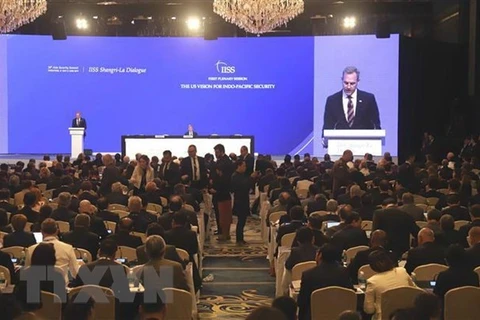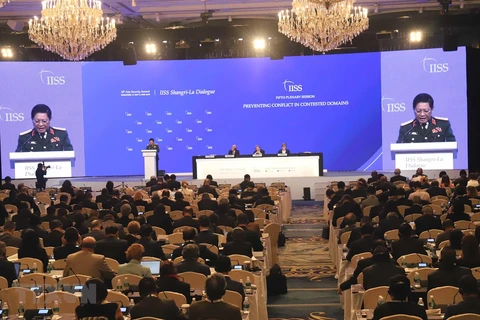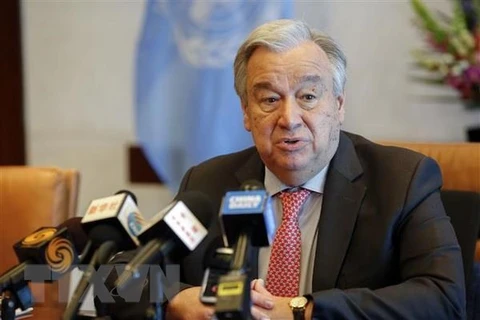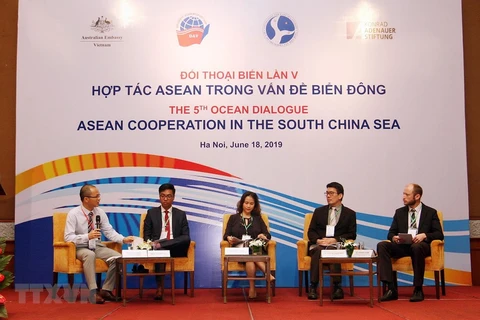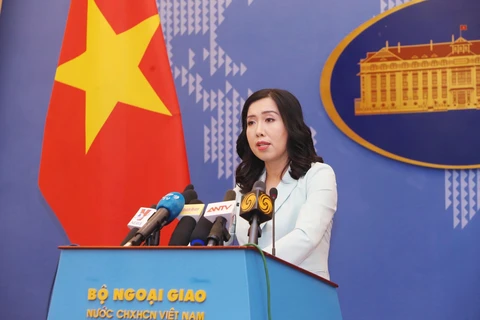Bangkok (VNA) – A seminar in Bangkok, Thailand, on June 20 highlighted the urgent need to accelerate talks on a code of conduct (COC) in the East Sea to help maintain peace and stability in the region.
The event was held by the Bangkok-based Thammasat University, the German-Southeast Asian Centre of Excellence for Public Policy and Good Governance (CPG) and the Asian Governance Foundation. It drew a number of experts, scholars and diplomats from ASEAN countries, including Thailand, Singapore, Indonesia and the Philippines, and some western nations.
Dr Li Nan from the East Asian Institute of the National University of Singapore presented a report on military power enhancement in the East Sea, saying that the enhancement will greatly affect the political and security context in the region.
Regional countries should make use of existing factors and build new mechanisms to minimise negative impact of this issue, he said, noting that ASEAN members need to perfect their central role and speed up the COC negotiation.
A completed and comprehensive COC will create a legal corridor for regional parties to act responsibly on the basis of international law, thereby helping to maintain peace and stability in the region.
Li also suggested ASEAN apply the existing mechanisms like the Code for Unplanned Encounters at Sea (CUES).
Other participants said the COC negotiation conclusion process will face many challenges amidst China’s denial of the Permanent Court of Arbitration’s 2016 ruling that rejected this country’s groundless “nine-dash line” claim in the East Sea, its devaluation of the 1982 UN Convention on the Law of the Sea, and its increase of communications about the so-called “new status quo”. Meanwhile, the US and its allies have been making more intervention in the region, creating unpredictable factors.
Participants shared the view that a comprehensive and binding COC is an urgent request. Therefore, ASEAN should firmly keep its solidarity, unity and consensus during negotiations.-VNA
VNA

